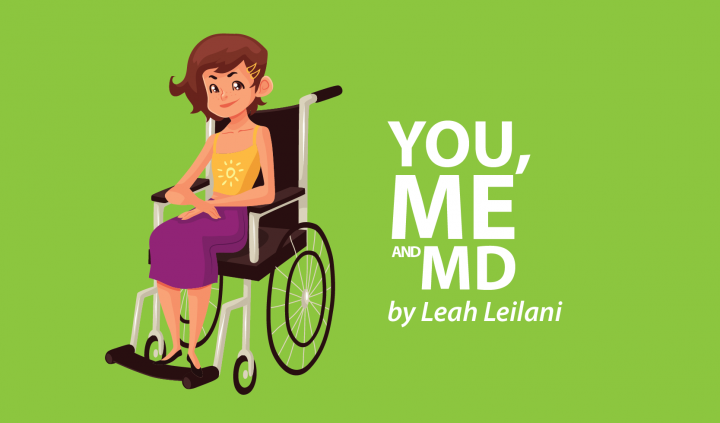My Birth Control Injections Have Restored My Quality of Life
Written by |

The time when a girl’s body matures into that of a young woman isn’t how it’s portrayed in the movies — at least it wasn’t for me. I didn’t celebrate it by jumping up and down for joy. I wouldn’t have even if I could without ending up in a relapse.
Reaching puberty was just another reason I didn’t want to be a woman. I don’t mean that I had gender dysphoria but that I merely knew there would be particular aspects of the process I wouldn’t like.
As women, we know that what one woman experiences with her period isn’t what another will go through. From flow to cravings to pain level, no two menstrual cycles are the same. My cycles, however, were particularly debilitating because of my disease, mitochondrial myopathy.
Don’t worry, I won’t go into any graphic details in this column.
However, I will describe my typical monthly experience. I had severe and frequent menstrual cramps that weakened my entire body, which complicated keeping up with changing my pad each time I went to the bathroom. I felt drained with flu-like symptoms that left me unable to move around my home. I would let my studies lapse and neglect brushing my teeth for the five days of my period. The tiny amount of energy I usually had was consumed without my consent.
The Muscular Atrophy News forums are a place to connect with other patients, share tips and talk about the latest research. Check them out today!
My mom, witnessing my extreme fatigue, sought help from a gynecologist who specialized in adolescent care. We found one in California who had offices conveniently located across the street from the hospital I attend, CHOC Children’s in Orange County. The doctor immediately understood my situation because he has a daughter with cerebral palsy. He first prescribed a birth control pill. This treatment didn’t suit me because I experienced spotting, so my doctor then recommended an injection therapy called Depo-Provera (medroxyprogesterone acetate). At first, I needed the shot every 15 weeks. I still had spotting so we decided to increase the frequency of the injection to every 11 weeks. Thankfully, this regimen kept the bleeding at bay.
I have had many benefits with this injection. It’s not invasive like an intrauterine device, or IUD, which can cause pain during insertion. Birth control implants are also problematic, as they can have adverse side effects including heavier bleeding in the first few months.
Thanks to Depo-Provera, I have more energy and an improved quality of life. If it wasn’t for this treatment, I couldn’t write this column. Keep in mind that my experience with the treatment could be different from yours.
To my female readers, whether or not you have a disability, remember that you are strong and powerful.
***
Note: Muscular Dystrophy News is strictly a news and information website about the disease. It does not provide medical advice, diagnosis or treatment. This content is not intended to be a substitute for professional medical advice, diagnosis, or treatment. Always seek the advice of your physician or another qualified health provider with any questions you may have regarding a medical condition. Never disregard professional medical advice or delay in seeking it because of something you have read on this website. The opinions expressed in this column are not those of Muscular Dystrophy News or its parent company, Bionews Services, and are intended to spark discussion about issues pertaining to muscular dystrophy.







Leave a comment
Fill in the required fields to post. Your email address will not be published.